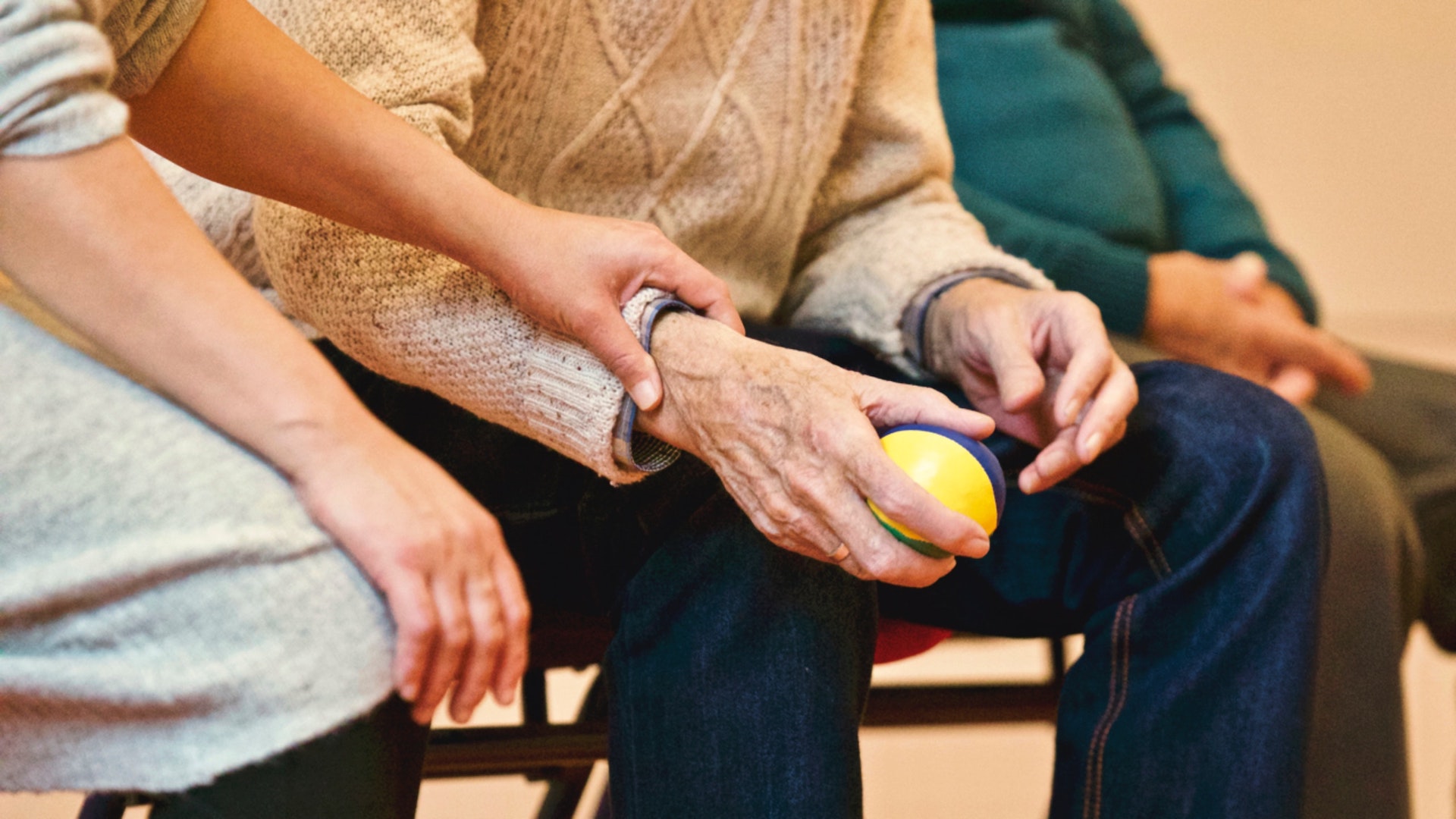
Caring for a loved-one living with Alzheimers affects different people in different ways. It can become especially difficult when you also shoulder the responsibility of running a business. Here’s a look at tips and advice to help overcome common challenges.
There are more than 80 different forms of dementia. Of all of them, Alzheimer’s is the most common and well-known. “Alzheimer’s disease (AD) is the most prominent aging-dependent neurodegenerative disorder.” Symptoms such as loss of memory, communication, and cognitive skills (or lack of skills) to lead a normal daily life are common in this type of illness.
Additionally, the emotional and behavioral obstacles that arise from these ailments can cause caring for a person with dementia to be stressful and disheartening for family members who often do not know who or what to turn to. Ultimately, each individual and caregiver can be impacted differently.
Early diagnosis is essential both for the person affected by this illness and for those responsible for their care. It’s important to identify the sources of support and guidance from the first moment. This alone can help all parties cope with the magnitude of the disease and stay informed. Also, the sooner the dementia is detected, the earlier a patient can benefit from the latest medical treatments, shielding the brain from the process of neuronal cell death.
This quick guide offers advice for the caregiver and those helping to manage the life of a loved one who succumbs to this devastating illness. The goal is for everyone to learn how to live with a person coping with illness and help them thrive while dealing with such a debilitating disease.
Tips for caring for a loved one with dementia
1. See your family doctor immediately
If you suspect that a family member or friend may be developing this type of illness, accompany them to their family doctor. A doctor will be able to make a reliable diagnosis and refer you to a specialist if dementia is a possibility.
2. Familiarize yourself with the caregiving process
If you decide to become a caregiver and take responsibility for the care of someone with Alzheimer’s, start to research the process. Familiarize yourself with both the challenging and rewarding moments because you will become the greatest support of your loved one.
3. Become a reliable source of information
Explain the situation to those impacted directly and indirectly, because they will see in the behavior changes and may not understand the symptoms or how to best interact with a person coping with the disease.
4. Prioritize your loved one’s dignity
While sharing the right information with the right people is important, it’s also essential to preserve the dignity and privacy of the person facing the illness. Consider who needs to know about the illness and they type of information you share.

Help your loved one maintain dignity in the face of disease by respecting their wishes. The disease often leaves people weak and vulnerable. Aim to minimize the loss and be reliable and respectful in the process.
- For example, in the early stages of the disease, a person can live autonomously if some routines are established, and caregivers arrange for regular visits to ensure everything goes well.
- However, as the disease progresses, you may have to take responsibility for more things, including finances. It is important to review the financial situation (e.g., bank accounts, bills, property, etc.) and create a plan before the disease evolves.
5. Learn communication nuances
Communicating is the most difficult part when caring for someone with Alzheimer’s. The repetition required will be constant. Yet, try not to lose patience or be rude, as such a reaction could hurt and scare the person you’re caring for.
Be prepared to face difficult behaviors. Aggression can become a part of dementia as it progresses. Try to remain calm and give these kinds of behaviors a wide margin. Don’t punish the person as if they were a child, because people with dementia do not learn from experience.
6. Help manage their daily living needs
Eating and daily hygiene are important factors that require daily maintenance as the disease progresses.
- Eating habits (i.e., forgetting to eat) may change as the disease progresses. Eating together can help your loved one remember. Try to involve them in the activity as much as possible to provide a sense of usefulness, such as shopping and deciding on the menu together.
- Personal hygiene is also a common source of anxiety for people managing dementia, so it is important to offer discreet help and preserve their independence as long as possible.
- Remember that you have various foundations and associations, such as Ndis provider and Dementia Caring, at your disposal. Each organization offers specialized guidance for those dealing with different types of dementia.
7. Build a list of activities
Find out which activities he/she likes and build them into a regular schedule. This will assist with bonding, help you forget about the disease momentarily, and stop seeing yourself as solely a caregiver.
8. Prioritize self-care
Don’t forget about your needs. To care for the person suffering from this illness, it is necessary to take care of yourself. Spend time doing things you love and pay close attention to your emotional, physical, and spiritual wellness.
You are not alone. Don’t be afraid to ask for help from a family member or public and private institutions. Caring for a person with dementia is a complicated, stressful, and time-consuming task.
Satyajit Routray is an entrepreneur and founder of Zepper Store. He’s best known for writing on topics related to business and startups. He also loves writing reviews of gadgets.
© YFS Magazine. All Rights Reserved. Copying prohibited. All material is protected by U.S. and international copyright laws. Unauthorized reproduction or distribution of this material is prohibited. Sharing of this material under Attribution-NonCommercial-NoDerivatives 4.0 International terms, listed here, is permitted.





